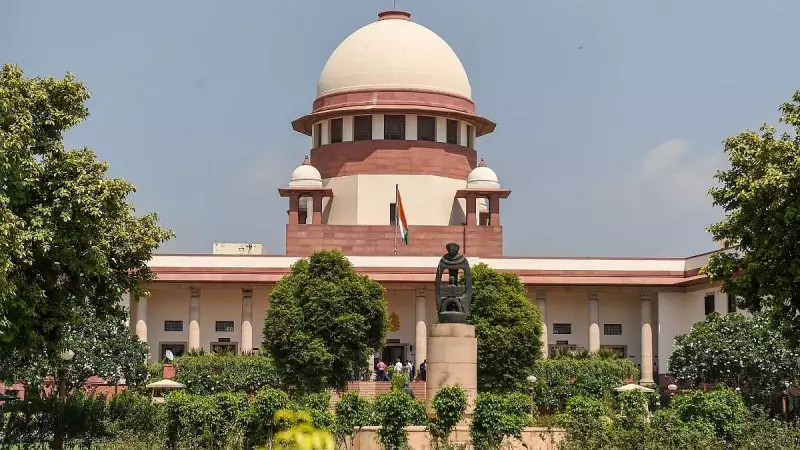
In a decision that could have far-reaching consequences for India's environmental protection framework, the Supreme Court has delivered a ruling that experts warn might seriously undermine green governance in the country. The court's approach to granting retrospective clearances for projects marks a significant shift in environmental jurisprudence.
The Core of the Controversial Ruling
The Supreme Court's judgment, dated 20 November 2025, essentially allows for retrospective environmental clearances for projects that had previously violated regulations. This means projects that began operations or construction without obtaining mandatory environmental approvals can now seek validation after the fact.
Legal experts and environmental activists have raised serious concerns about this development. They argue that this sets a dangerous precedent where project developers might be encouraged to bypass environmental regulations initially, banking on the possibility of obtaining clearances later through legal means.
Potential Consequences for Environmental Protection
This ruling potentially dilutes decades of established environmental jurisprudence in India. The fundamental principle that environmental clearances must be obtained before commencing any project appears to be weakened by this judgment.
Environmental lawyers point out that this could lead to what they call the violation and regularize culture, where industries might deliberately flout rules knowing they can seek legal remedy later. This approach fundamentally undermines the preventive nature of environmental governance.
The timing of this decision is particularly significant given India's increasing focus on sustainable development and climate commitments. Many are questioning how this ruling aligns with the country's stated environmental goals and international obligations.
Broader Implications for Green Governance
Beyond the immediate legal implications, this decision raises important questions about the balance between development and environmental protection. While the court might have intended to address practical difficulties faced by projects, the method chosen could have unintended consequences.
Industry representatives have welcomed the flexibility, while environmental groups warn that this could lead to irreversible ecological damage. The ruling comes at a time when India faces significant environmental challenges, from air pollution in cities to deforestation and water scarcity.
Legal experts suggest that this decision might require legislative intervention to clarify the position on environmental clearances and prevent potential misuse of the court's ruling.
The long-term impact of this judgment on India's environmental governance remains to be seen, but it undoubtedly marks a pivotal moment in the country's journey toward balancing economic development with ecological conservation.





